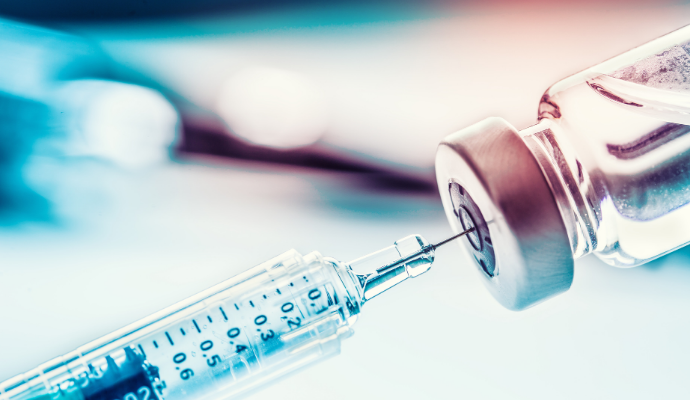Health Officials Say Myocarditis After COVID-19 Vaccination “Rare”
Although a small number of individuals have experienced myocarditis or pericarditis after their second COVID-19 vaccination, organizations such as HHS and the CDC say the side effect is rare.

Source: Getty Images
- Federal health officials recently added new clinical guidance on the potential for myocarditis after COVID-19 vaccination for adolescents and young adults.
The statement, signed by the leaders of HHS, CDC, AAP, and other medical and public health groups, followed a discussion by the CDC’s Advisory Committee on Immunization Practices (ACIP) on myocarditis cases after receiving the COVID-19 vaccine.
To date, the Vaccine Adverse Events Reporting System (VAERS) reported a total 1,226 cases of myocarditis or pericarditis after administration of nearly 300 million doses of the mRNA Pfizer-BioNtech and Moderna vaccines.
However, it is still deemed an “exceedingly rare” side effect impacting a small number of people after vaccination.
“Only an exceedingly small number of people will experience it after vaccination. Importantly, for the young people who do, most cases are mild, and individuals recover often on their own or with minimal treatment,” the organizations said in the statement.
“We know that myocarditis and pericarditis are much more common if you get COVID-19, and the risks to the heart from COVID-19 infection can be more severe,” they continued.
According to the statement, cases are mostly associated in male adolescents and young adults. Typically, symptoms occur within a week after the second vaccination and include chest pain, elevated cardiac enzymes, ST or T wave changes, dyspnea, and abnormal imaging.
Of 484 reports in individuals under the age of 30, 323 have met CDC case definition and 148 are currently under review. And of the 323 confirmed cases, 309 patients were hospitalized and 295 of them have been discharged. 79 percent of the discharged cases have now recovered, while nine remain hospitalized. Notably, data was not available for five of the cases.
CDC also looked at the reporting rates of myocarditis and pericarditis in relation to the number of doses administered.
The federal health agency found that for every millionth second dose of a COVID-19 vaccine, there have been nearly 67 reported cases in males 12 to 17 years of age, 56 cases in males 18 to 24 years of age, and 20 cases in males 25 to 29 years of age.
Despite these findings, health officials still recommend getting a COVID-19 vaccine when available due to their proven safety and effectiveness against the coronavirus.
For example, every millionth second COVID-19 vaccine doses could prevent 8,500 infections, 183 hospitalizations, and one death in females, according to the CDC. And million doses would prevent 5,700 infections, 215 hospitalizations, and two deaths in 12- to 17-year-old males.
“Vaccination of students offers an additional layer of protection against COVID-19 and can be important tool to return to normal. Higher levels of vaccination coverage can lead to less community transmission, which can protect against development and circulation of emerging variants,” said Megan Wallace, DrPH, MPH, from CDC’s National Center for Immunization and Respiratory Diseases.
ACIP members maintain the benefits of a COVID-19 vaccine outweigh the risks of myocarditis or pericarditis and “applauded” the national surveillance systems that picked up on the cases.
FDA plans to add warnings to COVID-19 fact sheets for clinicians and patients experiencing the small risk of myocarditis and pericarditis. And the CDC recommends individuals with a history of myocarditis or pericarditis who have recovered still get vaccinated.
